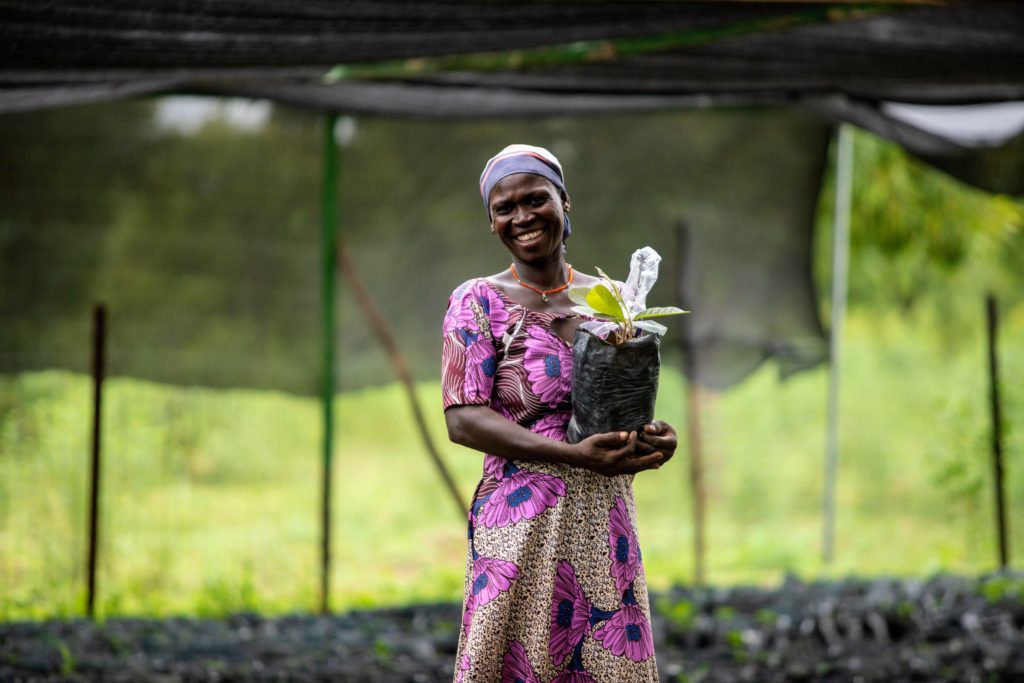Fairfood and Sommalife on a mission to improve shea sustainability
We’re thrilled to announce our new partnership between Fairfood, Sommalife and Solidaridad West Africa. Together, we’re kicking off a 3-year project in Ghana to strengthen the position of shea producers—starting with a deep dive into incomes, child labour risks, and environmental practices.
How much should a shea nut collector earn?
That’s not a question you usually see popping up. Highly traded commodities like coffee, cocoa, or palm oil often take the spotlight, especially after last year’s price surges. Those peaks, however, uncovered just the tip of a much larger iceberg: shifting climate realities and trade dynamics are reshaping global supply chains.
Take shea: as cocoa butter grew more expensive, companies turned to shea butter as an alternative. Add an export ban in Burkina Faso, a key country producer, and shea nut prices doubled almost overnight. A stark reminder of just how interconnected–and fragile–our global trading systems are.
Like in other commodity sectors, this price spike briefly benefited producers. But with prices now declining, those gains—and the communities behind them—are once again under threat. That’s why we’re excited to announce a new partnership with Sommalife, an agritech company leveraging their traceability software (TreeSyt) to make shea value chains more equitable and sustainable in West Africa. Together, we’re launching a 3-year project in Ghana to better understand and improve conditions for shea producers.
What’s happening in Ghana’s shea sector?

Ghana is one of the largest producers of shea nuts globally and plays a vital role in the regional and international shea trade. This wild fruit is a key source of income for smallholders in both Ghana and Burkina Faso, and the sector is largely informal and powered by women, who do most of the collection and processing–yet receive only a small fraction of the final value.
For many, shea is both a source of income and a cultural asset. But without stronger protections and incentives, women shea collectors remain vulnerable to price fluctuations, poor working conditions, and environmental degradation. This project seeks to change that by generating contextual data, building local capacity, and working toward better market access and income security.
This partnership builds on Sommalife’s deep-rooted network of farmers and its commitment to sustainable value chains. Fairfood brings in its Living Income Commodity Strategy to enhance impact measurement, using a framework designed to help public and private actors monitor impact through an income lens. With living income pricing and cost-yield efficiency data in hand, we’ll dig into some of the sector’s most urgent challenges:
- Low incomes
- Child labour
- Unsustainable agricultural practices.
Funded by the Netherlands Enterprise Agency (RVO) through the SPVO fund, the first step is already behind us: data was collected by our partners at Akvo. Now, it’s time to turn insight into action.
Stay tuned for updates as we co-create solutions that put producers first. Not just during price booms, but for the long haul.


